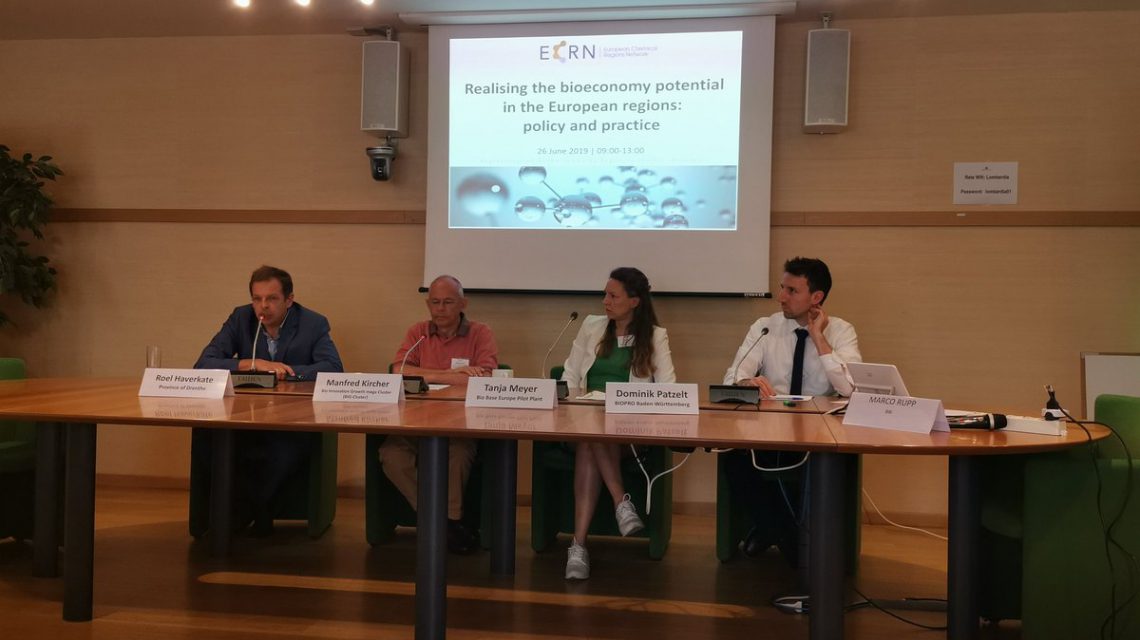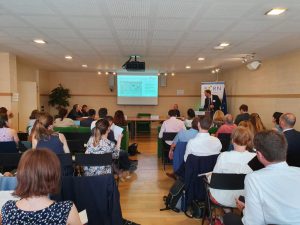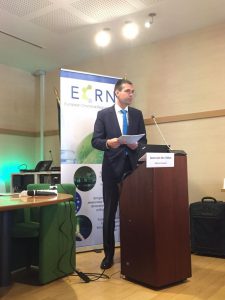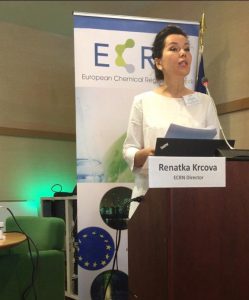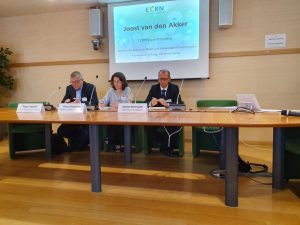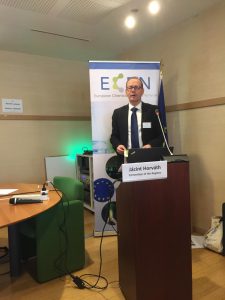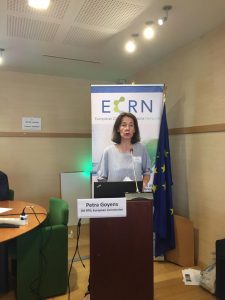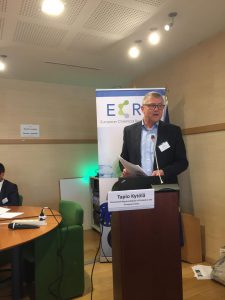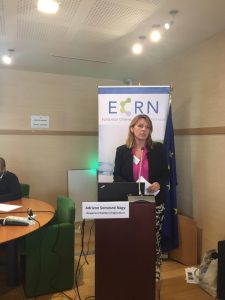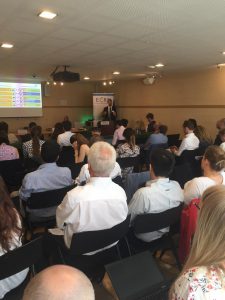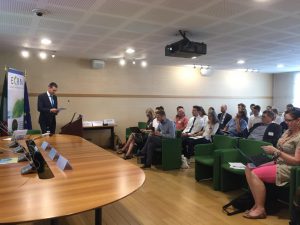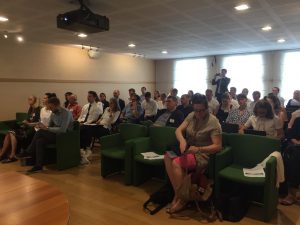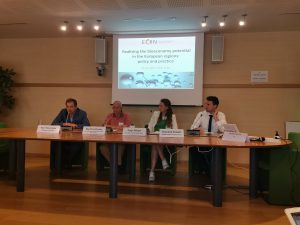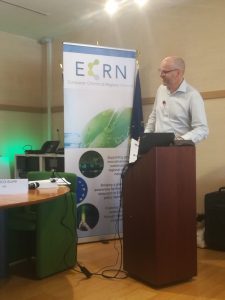On 26 June 2019, the European Chemical Regions Network (ECRN) organised a thematic event on “Realising the bioeconomy potential in European regions: policy and practice”, with the participation of the Committee of the Regions Member and Rapporteur on the Opinion “A sustainable bioeconomy for Europe: strengthening the connection between economy, society and the environment” – Jácint Horváth (HU/PES). The event gathered various regional policy, cluster and business representatives to share knowledge and on-the-ground experiences on bioeconomy strategies and business developments.
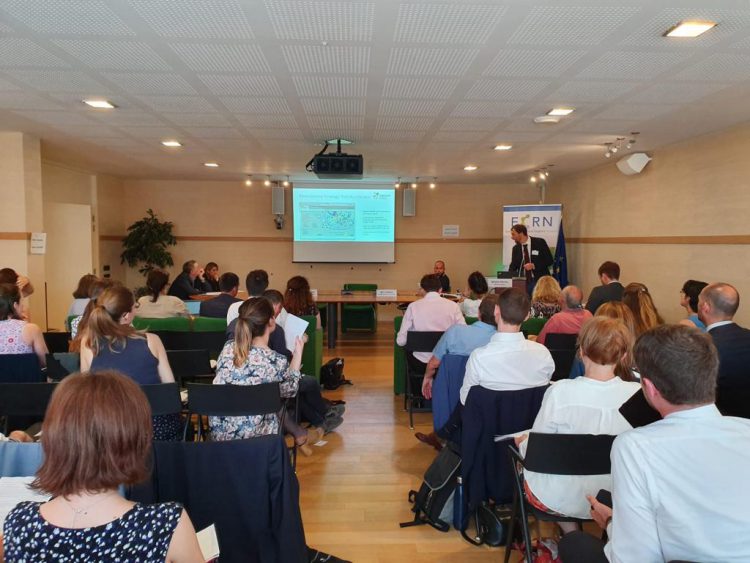
- Deploying bioeconomies across Europe
Regions are a driving force and a unique facilitator for the deployment of the bioeconomy. Regional bioeconomy strategies and initiatives relate to the economic value of the sector, but there is more: concepts such as sustainability and circularity, and ownership of local development are at the heart of the regional activities. Regions envision a bioeconomy that has a cascading approach and high efficiency in biomass utilization.
Many chemical regions in the ECRN network have been already exploring the ways to develop and profit from this valuable economic sector. The chemical industry in these regions is an integral part of the bioeconomy value chains and bio-based chemicals sector is predicted to grow with nearly 17 % in the next 10 years.
- Contributing with concrete actions
Regional governments intensify the collaborations between sectors and actors across the value chains, through regionally funded projects and initiatives. Regions also provide services to advise the local actors where to source the needed feedstock in a sustainable manner, about potential partners, local market development, or funding sources.
Speakers at the ECRN event highlighted that SMEs, as carriers of innovation, are at the core of the transition to bioeconomy. Regions have undertaken various initiatives, funded projects, and created platforms to support SMEs with the specific challenges that they faces. Such examples are the Interreg NWE Biobase4SME project, the Task Force Green Chemistry in Drenthe, Easy’green in Wallonia.
- Challenges
The main challenges for all the cases presented during the ECRN event are both how to create structured collaboration between sectors, such as with the primary sector in order to connect urban and rural areas, and how to develop successful market incentives and create larger market demand for the bioeconomy.
Inter-regional cooperation is to be enhanced as well and CoR member Jácint Horváth highlights in his Opinion that networks like ECRN need to be involved “in knowledge transfer systems” in the future, so that they can systematically facilitate the knowledge exchange among European regions.
- Conclusions
ECRN will continue to support its member regions in their commitments to achieve a holistic EU regulatory framework that matches the principle of sustainability and to enhance inter-regional knowledge exchange and project cooperation.
The full report of the event, together with the presentations, is available below! Do not miss to check further Power4Bio Project and the S3 Inter-regional Partnership on Chemicals.
Thank you to all the participants and guest speakers for joining the debate and making it a success!


